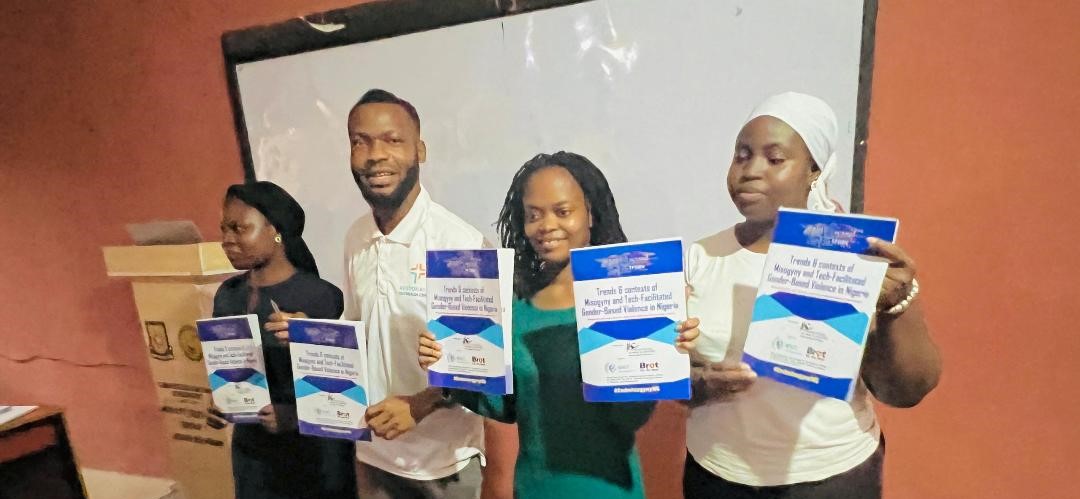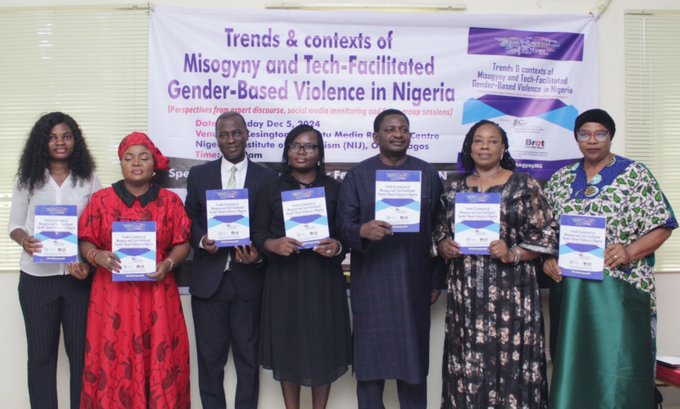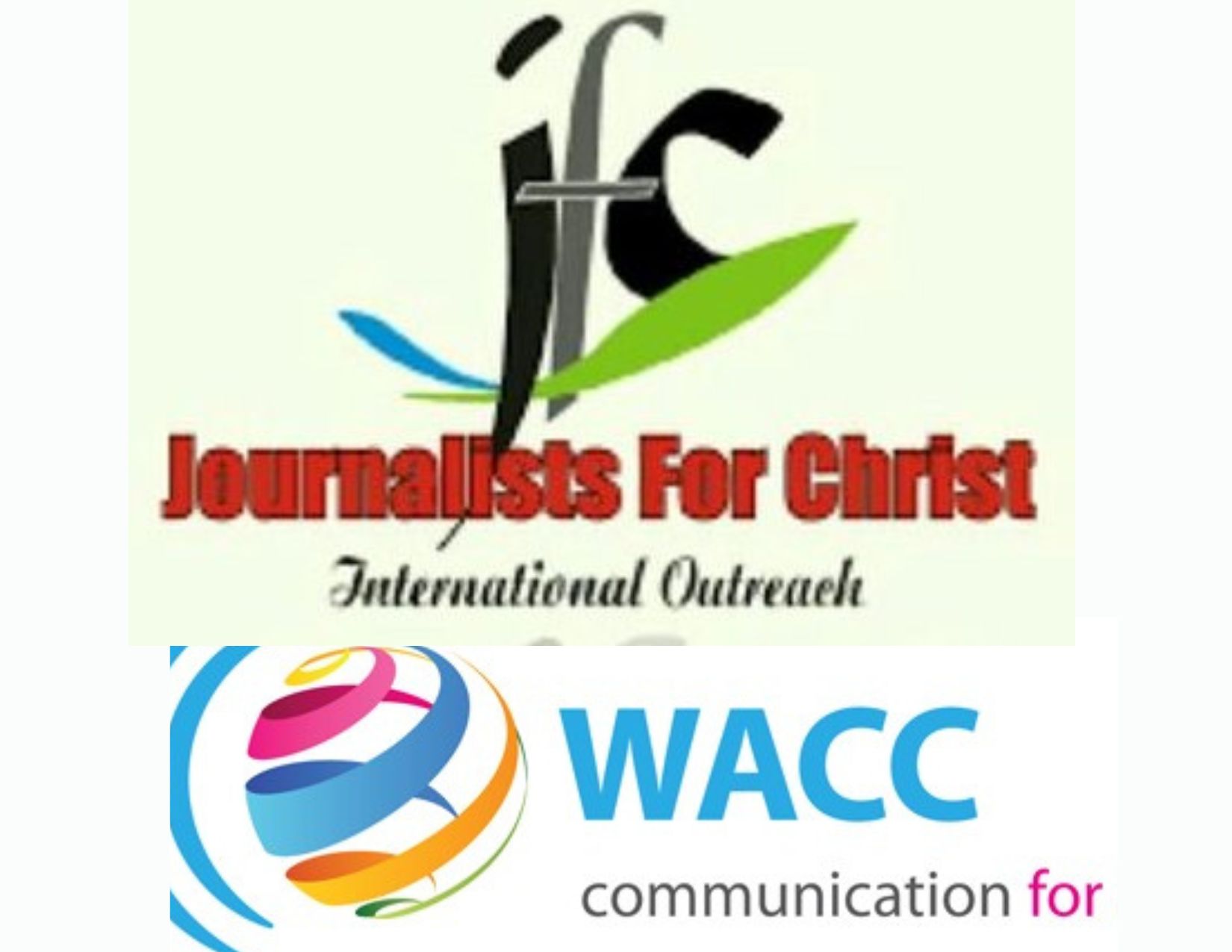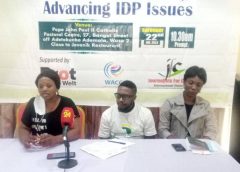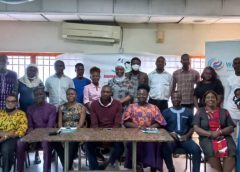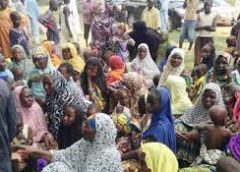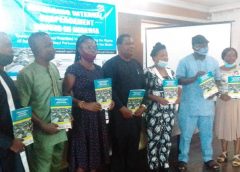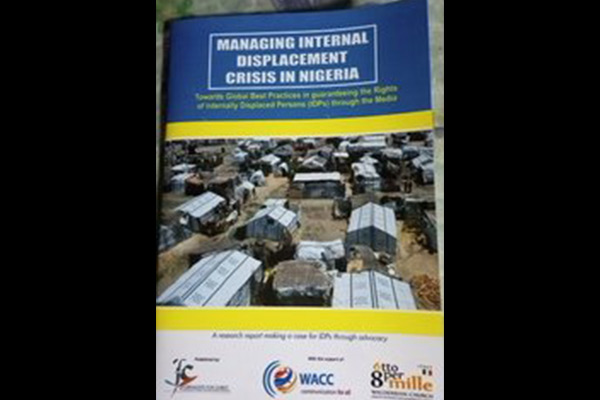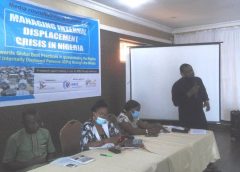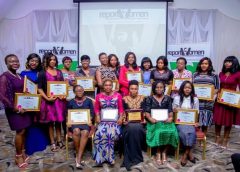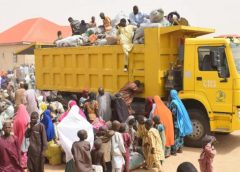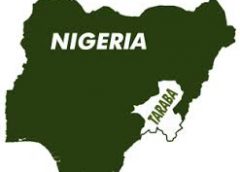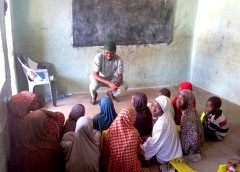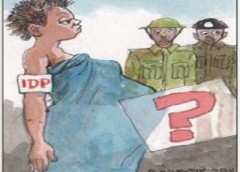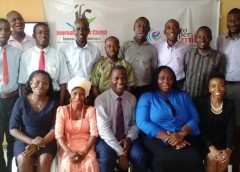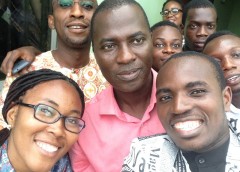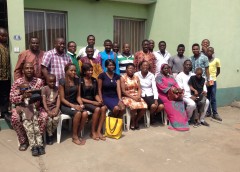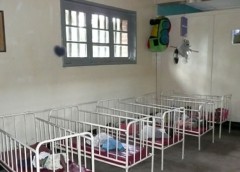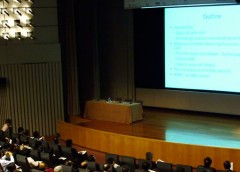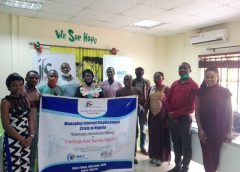
Stakeholders have called on the Federal Government to improve the welfare of Internally Displaced Persons (IDPs) and Refugees in the country.
They made the call at a review meeting on findings and survey report on managing internally displacement crisis in Nigeria, a research carried out by the Journalists For Christ International Outreach, Nigeria, with support of the World Association For Christian Communication (WACC), Bread For The World and Waldensian Church’s Otto Per Mille (OPM).
The aim of the final publication, according to JFC, is to provide guidelines on best practices for managing internal displacement which is now a major issue in the country.
The meeting was held on Friday, 26th June, 2020, in the Ogba area of Lagos State.
Among the discussants were Francis Abayomi, Executive Director of Peace Development Project, Mrs. Ola Erinfolami, Head Department of IDP unit Southwest zone of National Commission for Refugees, Migrants and Internally Displaced Persons (NCFRMI), Dr. Oloruntola Sunday, a Lecturer at the University of Lagos (UNILAG) and John Okocha, a documentary filmmaker.
Abayomi set the meeting in motion by sharing highlights of the report with attendees. Some of the major highlights shared by Abayomi were lack of facilities and care for IDPs, national emergency (in terms of development deficit and humanitarian crisis), corruption and abuses at IDP camps.
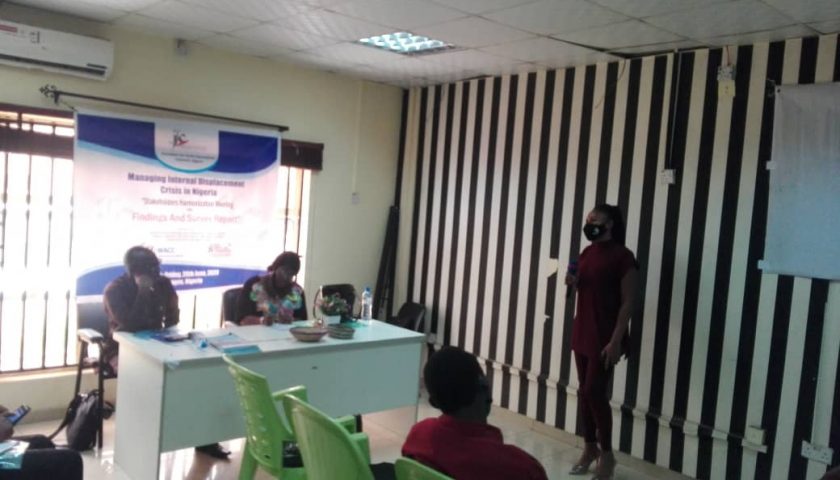
Stakeholders aired their views based on their experiences with displaced persons and highlights of the report.
John Okocha, in his contribution, urged the government to protect and institutionalize “the place” of the girl child (who are victims of abuses) in order to enhance advocacy. He also called for the implementation of Psycho-Social Support for and ‘front-liners’, such as journalists and security agents at IDP camps.
According to him, they are at risk of the psychological defect after an encounter with some of the displaced persons.
“When you meet a 15 years old boy, who saw his father and uncle killed in front of him and young kids who could dismantle an AK 47. It affected me because I was the one editing the video,” said Okocha.
He further appealed to the government to provide hygienic water and more relief materials, especially for the girl child.
In managing IDPs and Refugees’, Mrs. Ola Erinfolami, Head Dept. of IDPs unit Southwest zone, expressed concern that some of the displaced persons exhibit hostile attitude when approached but added that language as a tool communication has been helpful.
“Most of their (IDPs) leaders are Hausas, so they understand their language. And they hold their leaders in high esteem,” said Erinfolami.
She added that some of the refugees’ lamented the insufficiency of relief items.
“They say what we are giving them is nothing substantial. They don’t know that we are the ones that even source for those items. Some of the refugees’ throw it back at us,” said Erinfolami.
Dr. Oloruntola Sunday corroborated Okocha’s statement on the need to involve psychologists in examining the mental health of displaced persons and ‘front-liners’. He said this following comments that some of the displaced persons were hostile to ‘front-liners’.
“What comes to my mind is that these people are frustrated. What brought them to the camp is something that is not palatable, so they would react to any small thing,” said Dr. Sunday.
“Psychologist should be there to talk to them. There is a lot they can do in terms of orientation”
The review meeting was attended by President of JFC, Mr. Lekan Otufodunrin, Funmi Falobi, development journalist and Editor Social Development News (SDN), Amaka Okoye, a journalist at Plus TV Africa, Adeola Ogunlade, a journalist at The Nation Newspaper, Gbenga Osinnaike, Publisher Church Times Nigeria, among others.
*Story by Raphael Adenaike
